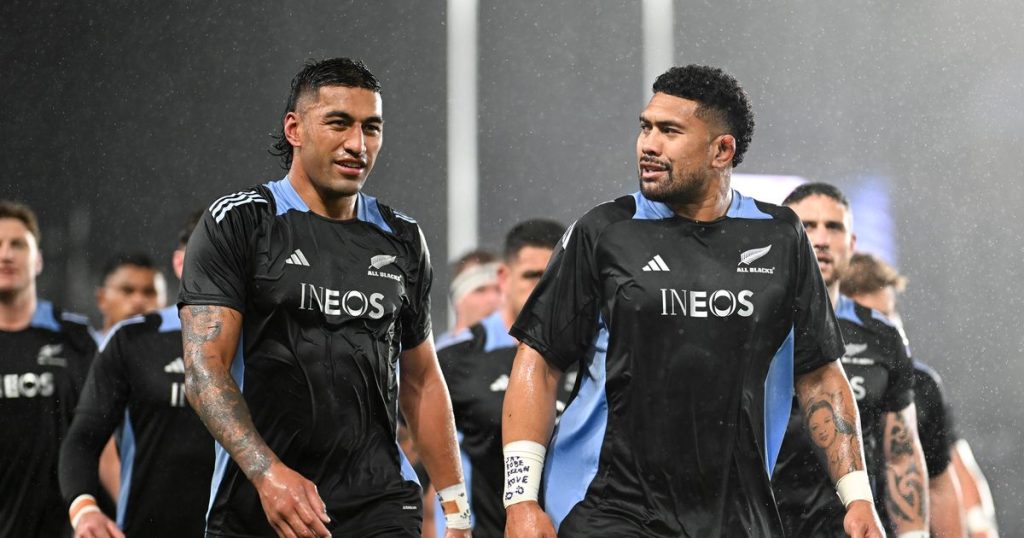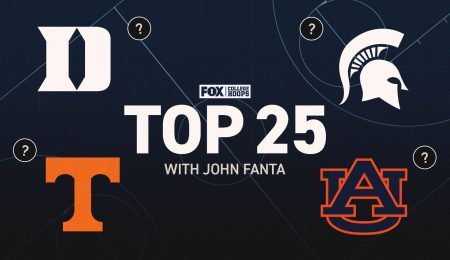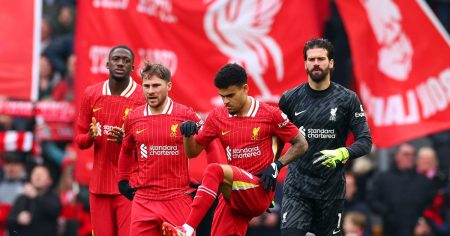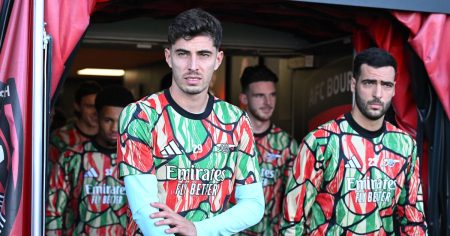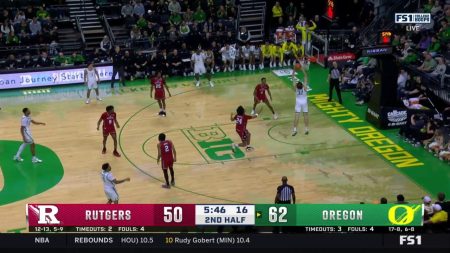New Zealand Rugby’s Legal Battle with Sir Jim Ratcliffe: A Complex Dispute Unfolds
In a surprising turn of events, New Zealand Rugby (NZR) has taken legal action against Sir Jim Ratcliffe, the co-owner of Manchester United and the founder of the chemical giant Ineos. This legal dispute stems from allegations that Ineos, a significant player in the global sports sponsorship landscape, has backed out of a sponsorship agreement with NZR. The situation has sparked widespread interest, not only within the rugby community but also among sports and business enthusiasts worldwide. This article delves into the details of the case, explores the implications for all parties involved, and examines the broader context of sports sponsorships in an increasingly volatile economic climate.
The Sponsorship Deal: What Went Wrong?
At the heart of the dispute is a sponsorship agreement that was reportedly negotiated between NZR and Ineos. The deal was expected to provide a much-needed financial boost to New Zealand Rugby, which, like many sports organizations, has faced significant challenges in recent years. The COVID-19 pandemic, along with shifting viewership patterns and rising costs, has placed a strain on rugby’s financial health. Ineos, with its deep pockets and history of investing in high-profile sports ventures, seemed like an ideal partner to help NZR navigate these challenges.
However, things took a turn when Ineos allegedly reneged on the agreement. Details of the sponsorship deal have not been made public, but it is understood that NZR had already begun making financial and operational decisions based on the expected influx of funds from Ineos. The sudden withdrawal of support has left NZR in a precarious position, prompting the organization to seek legal recourse to recover the losses it claims to have incurred.
NZR’s Legal Action: A Fight for Fairness
NZR’s decision to take legal action against Ineos and Sir Jim Ratcliffe is a clear indication of the seriousness with which the organization views this breach of contract. Legal experts suggest that NZR is likely seeking compensation for the financial losses it has sustained, as well as potentially for the damage to its reputation and future sponsorship prospects. The case is expected to hinge on the specific terms of the agreement, with NZR arguing that Ineos failed to uphold its contractual obligations.
This legal battle is not just about the money; it’s also about setting a precedent for the future of sports sponsorships. If Ineos is allowed to walk away from the deal without consequences, it could send a concerning message to other sponsors and sports organizations. NZR is, in essence, fighting for fairness and accountability in the high-stakes world of sports sponsorships.
Sir Jim Ratcliffe: A Controversial Figure in Sports
Sir Jim Ratcliffe, the billionaire founder of Ineos, has long been a controversial figure in the world of sports. While his company has invested heavily in various sports ventures, including Formula 1 and sailing, Ratcliffe’s business practices have often come under scrutiny. Critics accuse him of prioritizing profitability over the well-being of the sports and teams he invests in, a charge that Ineos has repeatedly denied.
In this case, Ratcliffe’s decision to back out of the sponsorship deal with NZR has only added fuel to the fire. Detractors argue that this move is emblematic of a broader pattern of behavior, where Ineos uses its financial muscle to dictate terms that favor its business interests, even if it means leaving partners in the lurch. On the other hand, supporters of Ratcliffe point out that businesses must make tough decisions to ensure their survival, especially in uncertain economic times.
The Broader Implications: A Shifting Landscape for Sports Sponsorships
The dispute between NZR and Ineos reflects a larger trend in the world of sports sponsorships. As the global economy continues to grapple with inflation, supply chain disruptions, and geopolitical tensions, businesses are increasingly cautious about their spending. Sports organizations, which have long relied on sponsorship deals to fund their operations, are finding themselves in a precarious position.
Additionally, the shifting media landscape is forcing sponsors to rethink their investment strategies. With more viewers turning to streaming platforms and social media for their sports content, traditional sponsorship models are being called into question. In this context, the decision by Ineos to pull out of its deal with NZR could be seen as a symptom of a broader reevaluation of sponsorship priorities.
Reflections on the Future of Sports Funding
As the legal battle between NZR and Ineos continues to unfold, it raises important questions about the future of sports funding. How can sports organizations ensure financial stability in an era of economic uncertainty? What role should sponsors play in supporting the sports they invest in? And what safeguards can be put in place to prevent similar disputes from arising in the future?
For NZR, the resolution of this case will be critical to its ability to move forward. A favorable outcome could provide the necessary financial resources to help the organization rebuild and grow. Conversely, a loss could exacerbate the challenges it already faces, potentially having a ripple effect throughout New Zealand’s rugby community. For Ineos and Sir Jim Ratcliffe, the outcome of the case will have implications not only for their business reputation but also for their future dealings in the world of sports.
In conclusion, the legal battle between New Zealand Rugby and Sir Jim Ratcliffe’s Ineos is more than just a simple contract dispute. It is a reflection of the complexities and challenges inherent in the modern sports sponsorship landscape. As the case progresses, it will undoubtedly provide valuable insights into the delicate balance of power between sports organizations and their sponsors—and the potential consequences when that balance is disrupted.





